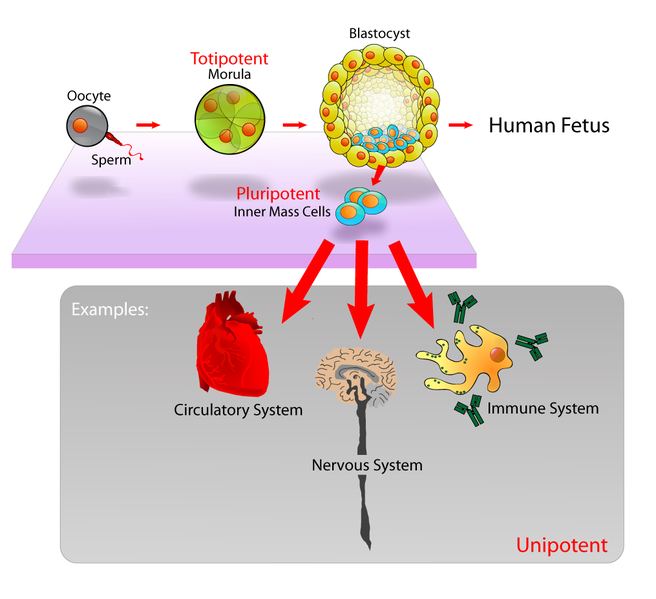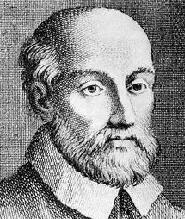 The Word Nerds should not be recounted, the podcast should be experienced. The latest edition, about transitions features Dave and Barbara Shepherd, discussing all variations, apparitions and expressions of change. This show even brings a junior Shepherd. Dave and Barbara's son Ben performs with his band Wetbrain on the show. What transition that means for the Shepherds.
The Word Nerds should not be recounted, the podcast should be experienced. The latest edition, about transitions features Dave and Barbara Shepherd, discussing all variations, apparitions and expressions of change. This show even brings a junior Shepherd. Dave and Barbara's son Ben performs with his band Wetbrain on the show. What transition that means for the Shepherds.It signifies what transition the Shepherds as a family go through. The kids have left the house. The basement has turned into a full time Word Nerd studio. Still, the show will not increase to more than one issue per 3 weeks. I keep on hoping.
An image search for Wetbrain in pictures gave me the added pic. I hope this is THE band as intended. Which one is Ben?



